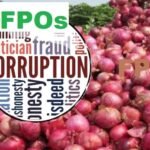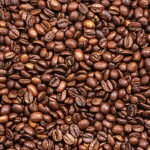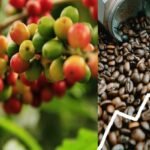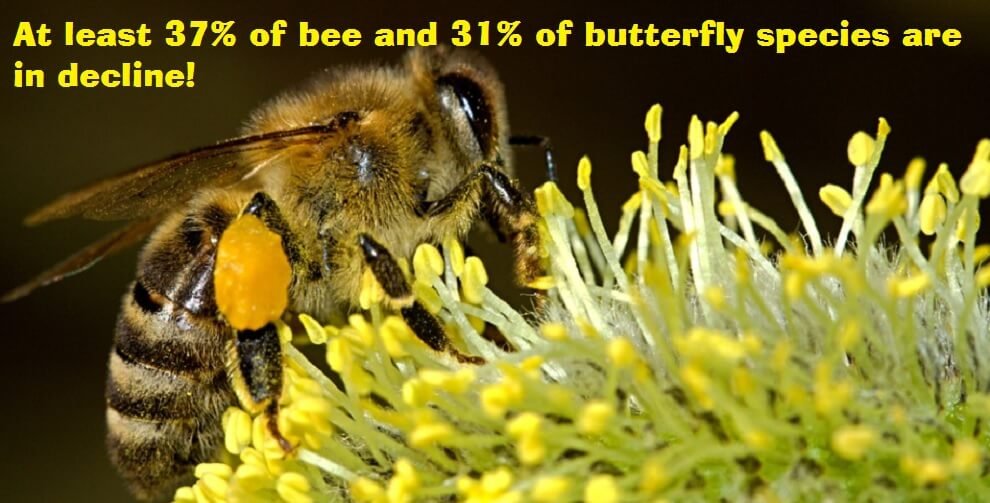According to a study published on Monday in the journal Nature Ecology and Evolution, habitat destruction and heavy pesticide use are among the main reasons for the loss of pollinator populations, which is essential for the reproduction of three-fourths of food crops and flowering plants.
This was the first global study to examine the causes and consequences of a decline in ‘ecosystem services, provided by pollinator species such as bees, butterflies, wasps, bats, and hummingbirds across six regions, including Asia Pacific, Africa, and Latin America.
Also Read: Pesticides and Agrochemical producers have sought a reduction in the GST
While the population of these pollinators is clearly declining, scientists claim that little is known about the consequences of such a decline for the human population.
What happens to Pollinators could have far-reaching consequences for humanity. These tiny creatures play critical roles in the world’s ecosystems, including many that humans and other animals rely on for food. If they leave, we could be in big trouble,’ said Lynn Dicks, the study’s lead author and Cambridge University professor of Zoology.
The most important reasons
According to the findings of a study conducted by a team of 20 experts and indigenous representatives from around the world, the top three global causes of Pollinator loss are habitat destruction, Land Management — primarily grazing, Fertilizers, and crop monoculture farming — and widespread pesticide use. The impact of climate change is ranked fourth, and while data is limited, they said.
The study was co-authored by Parthiba Basu, a zoology professor at the University of Calcutta, and Thingreipi Lungharwo of the Naga Women’s Union in Manipur.
The researchers discovered that the greatest risk to humans from pollinator population declines across all regions was what they called crop pollination deficit – a drop in the quality and quantity of food and biofuel crops. The threat is much greater in two-thirds of the world, where small-scale farmers rely heavily on pollinated crops.
‘Crops that rely on pollinators fluctuate in yield more than cereals, Dicks explained. Increasingly unusual climatic occurrences, such as extreme temperature and rainfall, are already having an impact on crops.” Pollinator extinction adds to the instability — the last thing people need.’
According to a 2016 report to which Lynn Dicks contributed, there has been a 300% increase in pollinator-dependent food production over the last half-century, with an annual market value of up to $577 billion.
The researchers cautioned that there is still a lack of knowledge about the state of pollinator populations in the Global South, as evidence of decline is still primarily from wealthy regions such as Europe (where at least 37% of bee and 31% of butterfly species are in decline).
India and China
According to the scientists, China and India are becoming increasingly reliant on pollinator-dependent fruit and vegetable crops, some of which now require hand pollination.
Also Read: Experts panel to study and review the proposed ban on 27 pesticides
‘We don’t know much about the status of our pollinators because there hasn’t been a lot of research done on them.’ Second, because there are no historical shreds of evidence or records, it is difficult to determine what is affecting them, and so on. ‘ It is truly a black box,’ said Hema Somanathan, a zoology professor at the Indian Institute of Science Education and Research in Thiruvananthapuram who was not involved in the current study.


















Add Comment